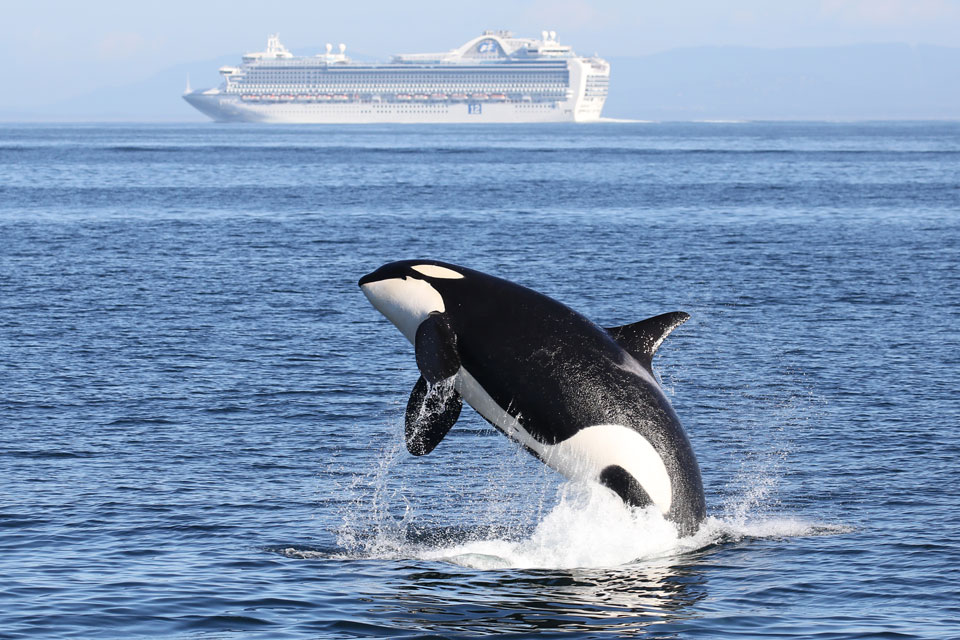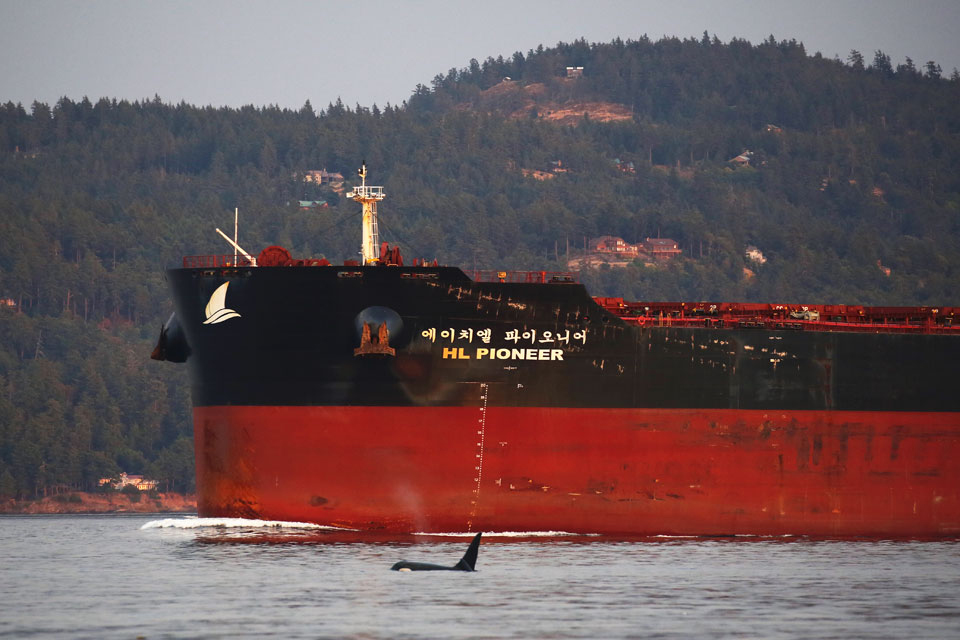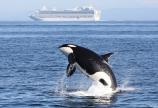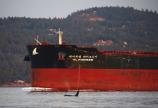How does noise affect BC killer whales and their prey?

Three University of Victoria researchers have been awarded a total $935,000 in federal funding to study the impact of underwater noise on endangered southern resident killer whales and the chinook salmon they depend on for almost 80 per cent of their diet.
Fisheries and Oceans Canada Minister Dominic LeBlanc announced the funding on March 15 as part of $3.1 million for research focused on the issue of underwater noise. The funding will increase knowledge of how noise from human activities is impacting the resident whales and chinook, and affecting the quality of the marine environment.
Only 76 whales remain in the southern resident population, which forages for chinook salmon in its core range off southern Vancouver Island. The primary cause of their decline and inability to recover is chronically low chinook numbers, although pollution and noise disturbance from vessels are contributing factors.

The UVic researchers—Francis Juanes, Rosaline Canessa and Stan Dosso—will study three aspects of underwater noise: how it impacts the ability of the southern residents to use echolocation for detecting prey and communicating with each other; how it affects the behaviour and physiology of chinook salmon; and how to improve current methods of measuring disturbances from marine vessel traffic and its impact on the whales.
"We’re thrilled by this opportunity to undertake important research into human impacts on the southern resident killer whales and their prey,” says fisheries ecologist Francis Juanes, the Liber Ero Chair in Fisheries Research at UVic, lead investigator for the chinook salmon research and spokesperson for the overall project.
We anticipate contributing significantly to understanding the stressors affecting these magnificent marine mammals and, ultimately, to mitigation measures to help ensure their long-term survival and success.
—UVic ecologist Francis Juanes
Coastal geographer Rosaline Canessa will lead the vessel disturbance study, while marine acoustics specialist Stan Dosso will lead the echolocation research.


